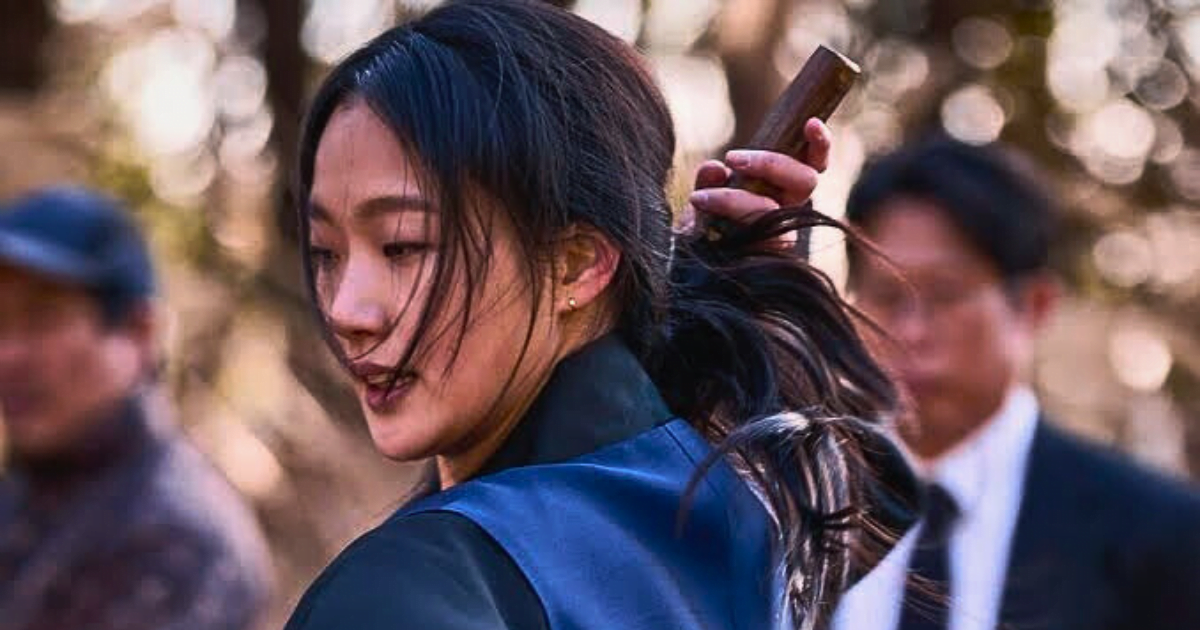Exhuma Film Ending Explained: Revealing The Secrets Beneath the Grave (2024)
Exhuma, the chilling Korean horror film released in 2024, has captivated audiences with its unsettling atmosphere and cryptic narrative. The story follows a family’s harrowing ordeal as they exhume a deceased relative, only to unleash a sinister entity. But what exactly transpires in the film’s ending, and what deeper meaning lies beneath the surface? This blog delves into the secrets buried within “Exhuma,” offering a detailed explanation of the film’s climax.
What Is “Exhuma” About?
“Exhuma” centers on the Park family, who decide to exhume the body of Grandfather Park. Their reasons are shrouded in mystery – some suspect financial gain linked to the land the grave occupies, while others whisper about hidden family secrets. The exhumation itself becomes the catalyst for a series of unsettling events. Strange occurrences plague the family, and a malevolent force seems to be awakened.
What Got Grandfather Park So Mad?
Early on, the film hints at a rift between Grandfather Park and his family. We witness flashbacks depicting heated arguments and Grandfather Park’s visible anger. The exact nature of his rage remains ambiguous, but it likely connects to the secret buried beneath him – the presence of another grave.

The Secret Explained
As the story unfolds, the true reason for the exhumation is revealed. Beneath Grandfather Park’s coffin lies another – the coffin of Anima, a mysterious figure from the family’s past. The film leaves the details surrounding Anima vague, but it’s implied that she was ostracized or even killed by the family for reasons unknown.
The Iron Stakes
A key element in the film is the presence of iron stakes driven into the ground around Anima’s grave. These stakes serve as a symbolic barrier, meant to keep her restless spirit contained. When the workers accidentally dislodge a stake during the exhumation, it weakens the boundary, allowing Anima’s malevolent spirit to manifest.
The Snake
The film also introduces a snake as a guardian of the lower burial site. This serpent, likely a creature of Korean folklore, presumably protects the location and keeps Anima subdued. When a worker inadvertently kills the snake, it allows Anima even greater freedom to influence the events above ground.
What Is The Role Of Gisune?
Gisune, a shaman employed by the Parks, plays a crucial role in understanding the supernatural forces at play. She recognizes the signs of a disturbed spirit and attempts to appease Anima’s wrath. However, her powers ultimately prove insufficient against the awakened entity.
The Death Of Anima
The climax of the film sees a desperate struggle against Anima’s vengeful spirit. The exact cause of her demise remains unclear, but it’s likely a combination of Gisune’s rituals, the family facing their past, and perhaps even a form of self-destruction on Anima’s part. The film ends with an unsettling ambiguity, leaving viewers to question whether Anima is truly vanquished or merely dormant.
Hajime Isayama Creator of AOT Returns to Manga With New One-Shot
Where Does The Story Of “Exhuma” Take Place?
The specific location of the film is not explicitly mentioned. However, based on cultural references and visual cues, it can be safely assumed to be set in rural South Korea. The film utilizes the imagery of traditional Korean graves and rituals, adding a layer of authenticity to the horror.
Why Is The Film Titled “Exhuma”?
The title, “Exhuma,” is a direct reference to the act of exhumation – the process of digging up a buried corpse. This action serves as the central catalyst for the film’s events, setting in motion the chain reaction that awakens the supernatural entity. The title also carries a metaphorical significance, suggesting the unearthing of long-buried family secrets and the emotional turmoil that comes with confronting the past.
Is Exhuma Based On A True Story?
While the film plays with elements of Korean folklore and mythology, “Exhuma” is not based on a specific true story. However, it taps into a universal fear of the unknown and the consequences of disturbing the past. The film serves as a cautionary tale about the importance of acknowledging and confronting family history, rather than burying it beneath the surface.
Conclusion
“Exhuma” offers a chilling exploration of buried secrets and the consequences of disturbing the past. The film’s ending leaves room for interpretation, prompting viewers to ponder the nature of the entity and the true cost of unearthing uncomfortable truths. By combining Korean folklore with relatable themes of family conflict and personal demons, “Exhuma” delivers a layered and thought-provoking horror experience.
